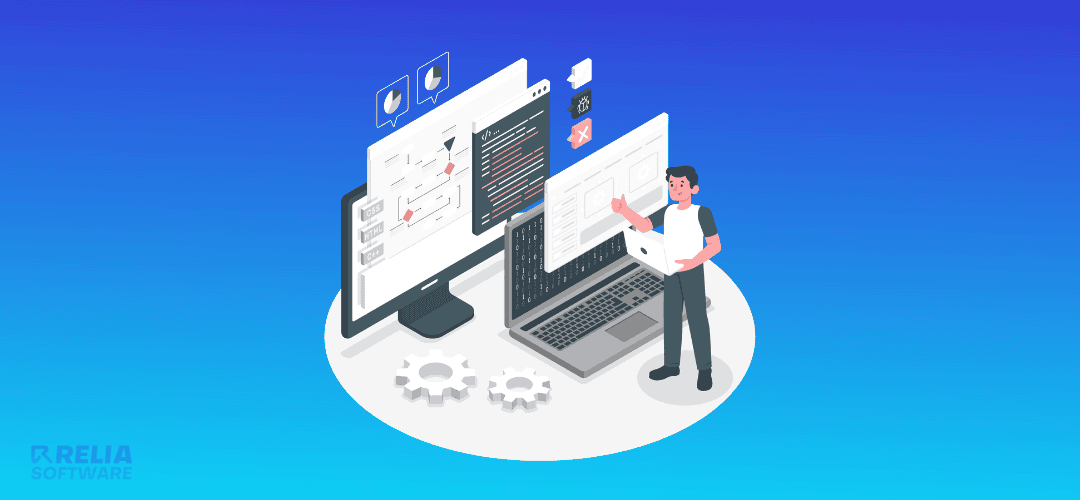Web development is a dynamic and ever-evolving field that plays a crucial role in shaping the digital world. From creating simple static pages to building complex, interactive web applications, web development encompasses a wide range of skills and technologies. Whether you are a beginner or looking to advance your expertise, this guide provides a comprehensive overview of the essentials of web development and the path to mastering it.
Understanding Web Development
Web development involves designing, creating, and maintaining websites or web applications. It consists of two primary aspects: front-end development and back-end development.
- Front-End Development: Focuses on the visual and interactive elements of a website, including layout, design, and user interface. Tools like HTML, CSS, and JavaScript are commonly used.
- Back-End Development: Handles the server-side aspects, including databases, server configuration, and application logic. Technologies like PHP, Python, Ruby, and frameworks such as Node.js are essential here.
Getting Started with Web Development
1. Learn the Fundamentals
Beginners should start with the basics:
- HTML: The backbone of web pages, defining structure and content.
- CSS: Responsible for styling and layout.
- JavaScript: Adds interactivity and dynamic elements to websites.
2. Practice with Simple Projects
Creating small projects like portfolios, blogs, or landing pages can help solidify your understanding of basic concepts.
3. Understand Version Control
Version control systems like Git allow developers to track changes and collaborate on projects.
Advancing Your Skills
1. Explore Frameworks and Libraries
Modern web development relies on frameworks and libraries to simplify tasks and improve efficiency:
- Front-End: React, Angular, and Vue.js.
- Back-End: Express.js, Django, and Flask.
2. Dive into Responsive Design
With the increasing use of mobile devices, websites must be mobile-friendly. Learn responsive design principles and tools like Bootstrap or Tailwind CSS.
3. Learn API Integration
Application Programming Interfaces (APIs) enable websites to interact with external services. Understanding RESTful APIs and GraphQL is crucial for modern development.
4. Master Database Management
Databases store and retrieve data efficiently. Gain experience with relational databases (MySQL, PostgreSQL) and NoSQL databases (MongoDB).
Keeping Up with Trends
Web development trends evolve rapidly. To stay competitive, focus on emerging technologies like:
- Progressive Web Apps (PWAs)
- Serverless Architecture
- WebAssembly
- Artificial Intelligence and Machine Learning Integration
Tools for Web Development Success
Numerous tools can enhance your productivity:
- Code Editors: VS Code, Sublime Text.
- Testing Tools: Jest, Selenium.
- DevOps and Deployment: Docker, Jenkins.
Why Mississauga is a Hub for Web Development
When planning your web development journey, choosing a location with expertise and a vibrant tech community can make all the difference. Web Development Mississauga offers a thriving market with a talented pool of developers and businesses. The city’s growing tech ecosystem provides ample opportunities and resources for innovative collaboration.
Conclusion
Web development is an exciting and rewarding field with endless opportunities to grow and innovate. By mastering the fundamentals, exploring advanced techniques, and staying updated with the latest trends, you can build a successful career in this domain. Remember, consistent practice and real-world project experience are key to excelling in web development. Whether you’re a beginner or an experienced developer, this guide serves as a roadmap to navigate the world of web development confidently.





